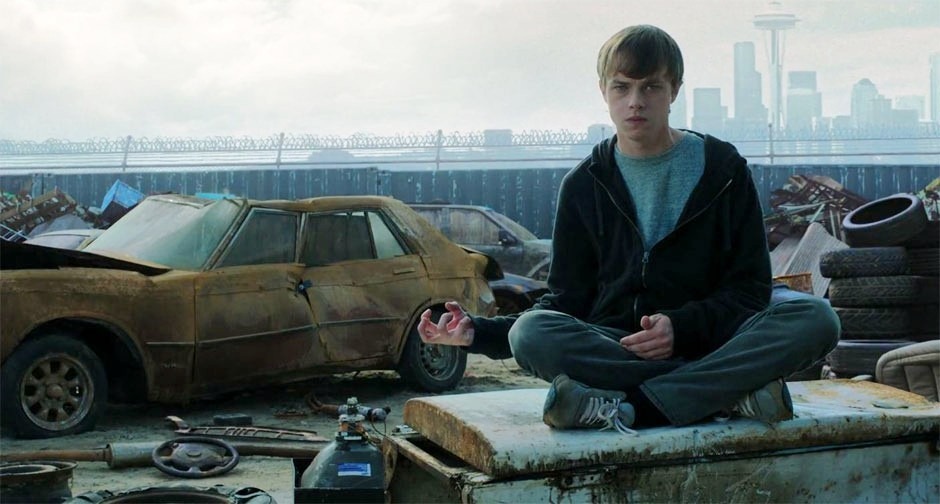Director: Rian Johnson
At this point, it's pretty difficult to make a unique con film because the genre itself has with it a set of expectations that make it difficult to do anything new (Inception is the only unique recent heist/con film that comes to mind). The main expectation for the audience is a clever plot/con, and that must be the first priority. The Brothers Bloom tries to stand out by adding a unique sense of style to the con film, with some commentary on truth vs. fiction and whether a life is written or unwritten. What it succeeds at is the style, and while the themes are ambitious and refreshing, they don't quite come together at the end. There are hints of a greater movie that does much more than your average conman film, but it doesn't quite reach that height and director Rian Johnson seems to buckle under the weight of the convoluted plot.
The reason to watch this film though is clearly the fun stylistic flourishes that exist mainly in the first half of the film. The opening scene, showing the two conman brothers as children, is absolutely brilliant and is as good as anything in a Wes Anderson film. The film never really lives up to that beginning, but the characters are fun, quirky, and likable the whole time. The relationships between the characters are also important, and those are hit & miss. The romantic friendship between Adrien Brody's character and "the mark" of the con, played by Rachel Weisz, works well and you feel their connection. But the more important relationship, which is between the two brothers, Brody and Mark Ruffalo's characters, doesn't quite come together the way it's supposed to. The last third of the film relies on this relationship heavily and this is one of the main reasons I lost interest in that last third. The problem with long cons is that they can get quite complicated, and if there's no strong emotional anchor it just feels kind of pointless, and that's what happened in this movie.
Grade: C+




